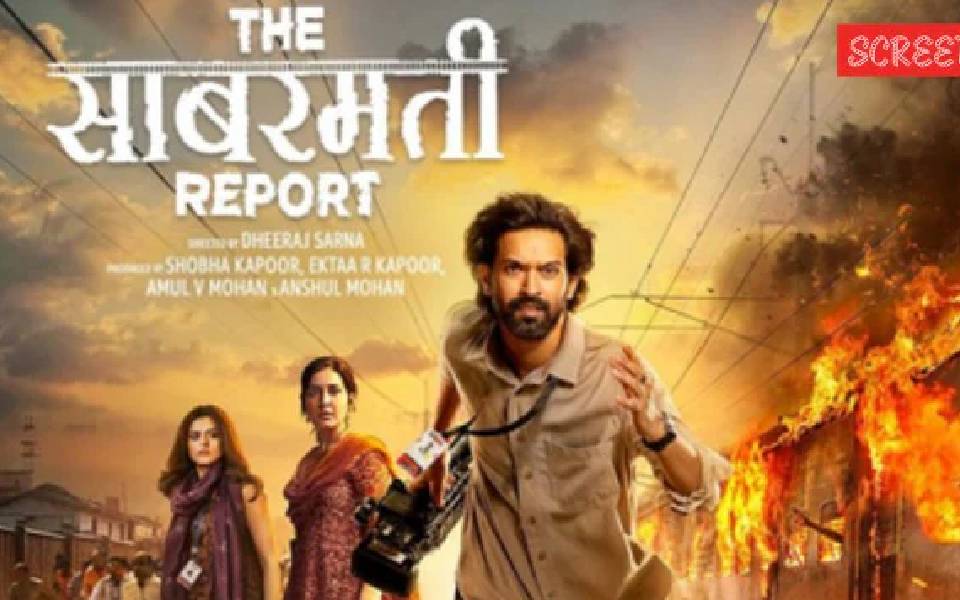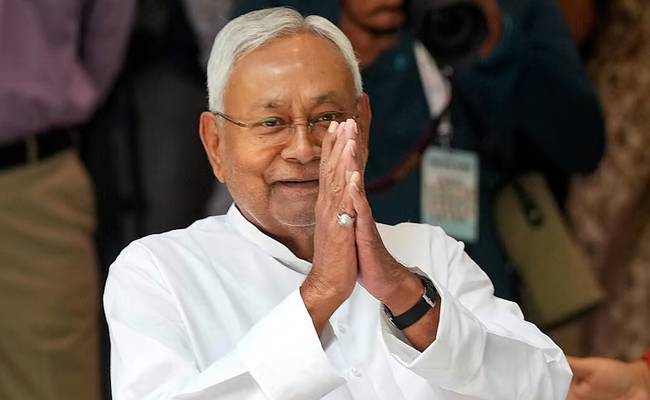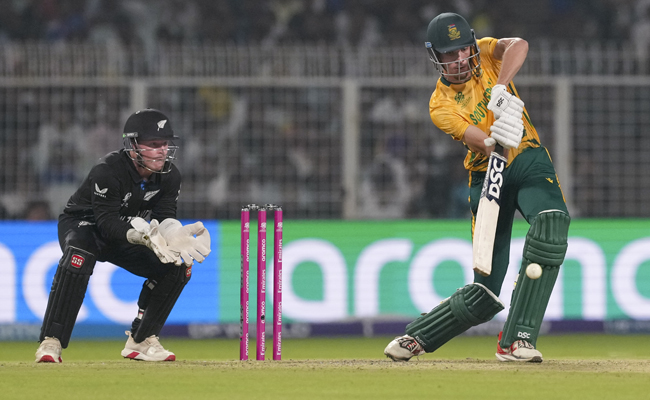Mumbai: Vikrant Massey’s latest film, The Sabarmati Report, continues to face significant challenges at the box office, despite being declared tax-free in multiple states. The film, based on the politically charged Godhra riots, has failed to attract a large audience.
Directed by Dheeraj Saran and written by Avinash Singh Tomar and Arjun Bhandegavkar, The Sabarmati Report was released in cinemas on November 15. However, its box office collections have fallen far short of expectations. According to early trends on Sacnilk, as reported by The Indian Express. the Vikrant Massey starrer collected Rs 1.25 crore on its fifth day, taking its total five-day collection to Rs 8.75 crore. The film’s daily collections have been inconsistent, with Rs 1.25 crore on day one (Friday), Rs 2.1 crore on day two (Saturday), Rs 3 crore on day three (Sunday), and Rs 1.15 (Monday) crore on day four.
Despite its politically charged narrative and widespread praise from top political figures, including Prime Minister Narendra Modi, Union Home Minister Amit Shah, and Uttar Pradesh Chief Minister Adityanath, the film has failed to make a significant impact. Recently, Vikrant Massey shared a picture with UP CM Adityanath on social media, expressing gratitude for the appreciation received during their meeting. “Today got an opportunity to meet Hon’ble Chief Minister Yogi Adityanath. Their appreciation has inspired the entire team of #TheSabarmatiReport. Heartfelt thanks for this respect and affection,” Massey wrote in his post.
In a bid to boost the film's performance, Haryana Chief Minister Nayab Saini recently declared The Sabarmati Report tax-free in the state. Other BJP-ruled states like Chhattisgarh and Madhya Pradesh had already granted the film tax-free status, but these efforts have yet to translate into a substantial rise in box office numbers.
Let the Truth be known. If you read VB and like VB, please be a VB Supporter and Help us deliver the Truth to one and all.
Mangaluru: Flight operations between Mangaluru and several Gulf destinations remain disrupted for the fifth consecutive day, airport authorities confirmed on Wednesday. The cancellations come amid ongoing airspace closures affecting the region.
According to the latest schedule updates, the following Air India Express flights have been cancelled for 5 and 6th March 2026:
Dubai–Mangaluru (IX 832) which was scheduled to arrive at 10:10 pm on 5 March
Mangaluru–Dubai (IX 831) which was scheduled to depart at 01:20 pm on 5 March
Dubai–Mangaluru (IX 814) which was scheduled to arrive at 04:55 am on 6 March has also been cancelled.
Mangaluru–Doha (IX 821) which was scheduled to depart at 11:20 am on 5 March
Doha–Mangaluru (IX 822) which was scheduled to arrive at 8:45 pm on 5 March
Mangaluru–Bahrain (IX 841) which was scheduled to depart at 9:45 pm on 5 March
Bahrain–Mangaluru (IX 842) which was scheduled to arrive at 07:45 am on 6 March
Mangaluru–Kuwait (IX 851) which was scheduled to depart at 10:00 pm on 5 March
Kuwait–Mangaluru (IX 852) which was scheduled to arrive at 08:50 am on 6 March
Mangaluru–Dammam (IX 847) which was scheduled to depart at 11:10 on 5 March
Dammam–Mangaluru (IX 848) which was scheduled to arrive at 09:25 am on 6 March
Mangaluru–Abu Dhabi (IX 815) which was scheduled to depart at 11:20 pm on 5 March
Abu Dhabi–Mangaluru (IX 816) which was scheduled to arrive at 08:15 am on 6 March
Meanwhile, operations to Mumbai, Delhi, and a few other cities from Gulf destinations are resuming in a limited manner. The Mangaluru–Muscat service by Air India Express continues as scheduled and remains unaffected.
The airline has also announced that it will operate additional flights between Muscat and Delhi and Mumbai on 5 March 2026, along with special services from Ras Al Khaimah connecting Delhi, Kochi, and Mumbai until 7 March 2026.
Air India Express will continue operating flights to and from Muscat on 5 March 2026, along with additional flights between Muscat and Delhi and Mumbai.
— Air India Express (@AirIndiaX) March 4, 2026
We are also operating special flights from Ras Al Khaimah connecting Delhi, Kochi, and Mumbai until 7 March 2026.
Guests are… pic.twitter.com/VvhWdcS8ud





